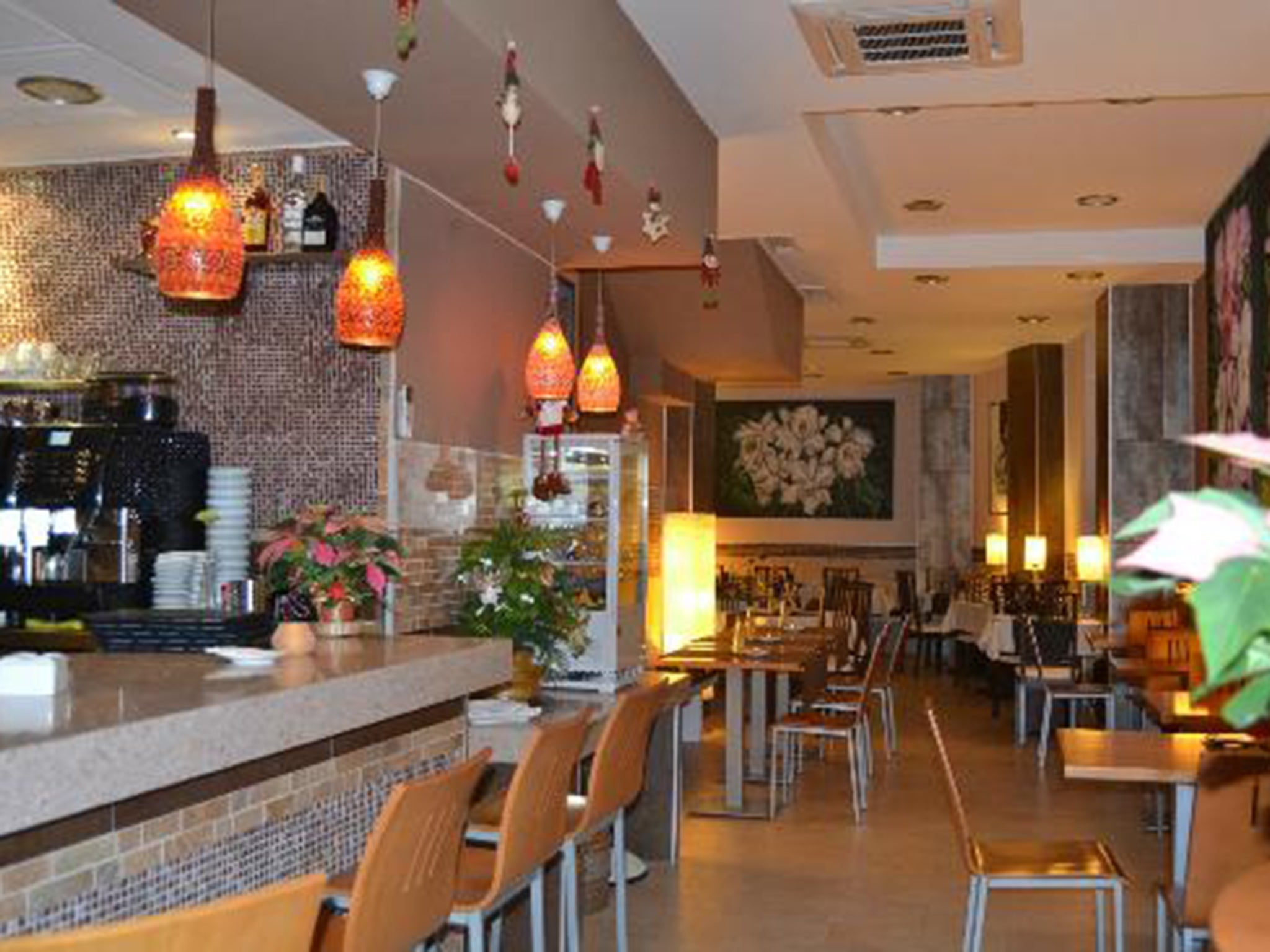The end of à la carte is a welcome reprieve for food philistines like me
My idea of choice – to give one dizzying example – is whether to get my spud filled with cheese or tuna in the work canteen


Here’s an interesting morsel for you. A Michelin-starred restaurant, which is to say a posh one, has decided to scrap its “à la carte” menu on the grounds that it wastes too much food trying to provide all of the different meals it lists from which the customers expect to choose.
There is simmering speculation in what I believe are termed “foodie” circles about this. Some of it is boiling over into the fear that this marks the beginning of the end for proper choice in eateries. Apparently, à la carte has been on the retreat for a while now – though not at my local Kebab King, formerly Zorba’s, where the brilliance of its range of late-night snacks remains undimmed. Still, imagine the disappointment at being asked to make do with a 17-course “tasting menu” instead; or having to pay a few hundred quid to get the first taste of a new dish concocted by some fancy chef, or just make do with whatever is on at one restaurant at that particular moment.
One restaurateur, at Hedone in Chiswick, west London, makes this placatory offer, having taken a similar initiative: “We have no menus, we have two spending levels. Essentially, people tell us how much they want to spend – £85 or £125 – and give us restrictions that they don’t like this or they don’t like that.” Personally, I don’t think I’d like the bill, but that’s another story.
It is all a little reminiscent of – and I make no apology for recycling 1970s sitcom humour at its tastiest – “Gourmet Night” at Fawlty Towers, circa 1975, where, as you may recall, Basil has to resort to telling his famished guests: “If you don’t like duck... then you’re rather stuck!” That is, after he has dug through a giant trifle with his bare hands, having beaten his Austin 1100 with the branch of a tree. Enough already.
Thinking back, I am not sure that I have ever eaten at a Michelin-starred restaurant. Or, rather, I have never paid for a meal at a Michelin-starred restaurant – an important distinction, you’ll agree. Even under those circumstances, I have not been to such temples often and my attitude towards food tends towards the concept of it as mere fuel, with time spent eating it better expended on other pursuits.
What an appalling culinary philistine I must be, though I may not be in as small a minority as you might think, from the coverage the subject receives. We seem obsessed by food stuff, and we have been so for some years now. In recent years, I have lived through – and survived – the cupcake boom, the great kale craze and a succession of so-called superfoods that never quite succeeded in ridding the nation of a variety of nasty diseases. I’m even old enough to remember nouvelle cuisine and, further back, the novelty of boil-in-the-bag spag bol and Alpen, the last word in modernity and sophistication once upon a time.
My idea of choice – to give one dizzying example – is whether to get my spud filled with cheese or tuna in the work canteen. I often spend a seeming eternity racked by indecision, striding back and forth between the potato and sweet potato display (a slightly grand expression for a pile of root veg, maybe, but in itself presenting its own problem of choice); and the chilled cabinet where the ungenerous tubs of pre-grated cheddar and (presumably tinned) tuna are kept. Tuna or cheese? Cheese or tuna? And then I maybe think that the riddle of the fillings could be transcended by a tuna-cheese melt. But there’s a queue for them...
At my favourite curry house, Gurkha Cottage, which is neither a cottage nor staffed by gurkhas, I can easily get through a pint of Kingfisher while I ponder plain or keema naan; and whether that would be better paired with spicy or plain poppadoms; and whether it is better to stick to the dansak you know than go for some unknown alternative.
Too much choice can be a wearisome thing, promoting food waste and inefficiency and complicating our lives needlessly. On the other hand, all the small talk about wines and different dishes can help ease your way through a meal with an unpalatable guest. Even if you’re not paying for it yourself.



Join our commenting forum
Join thought-provoking conversations, follow other Independent readers and see their replies